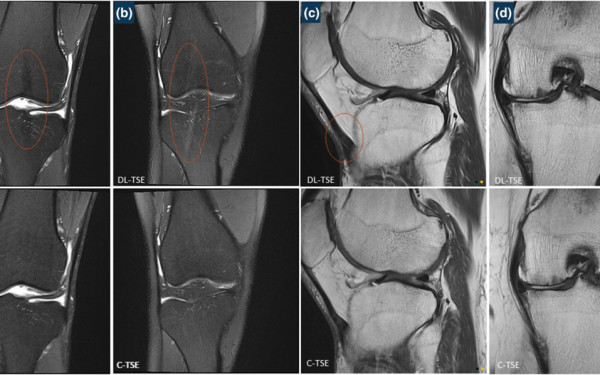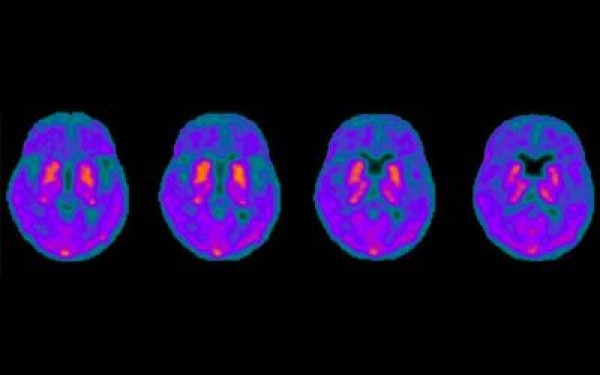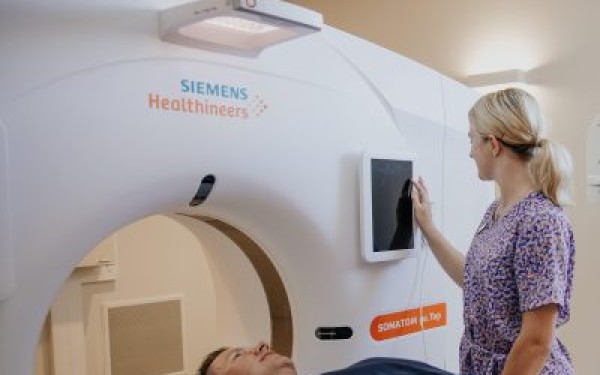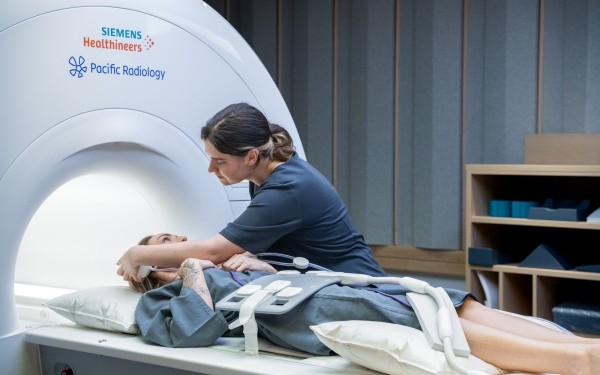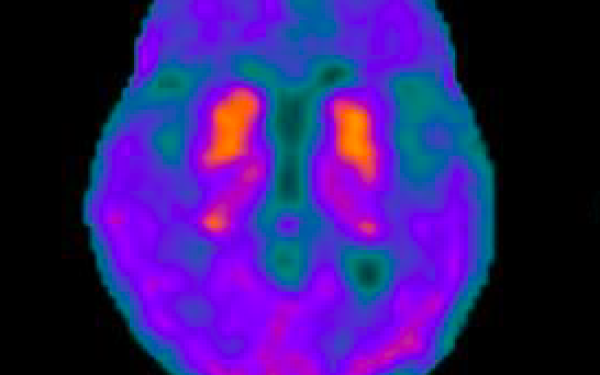Pacific Radiology is collaborating with world-leading researchers to investigate the effects of longstanding asthma drug Salbutamol in improving outcomes for patients with neurodegenerative conditions including Alzheimer’s disease – both in New Zealand and around the world.
Existing drug treatments reduce symptoms of Alzheimer’s and improve quality of life, but they neither slow the progression of the disease nor cure it.
The research is sponsored by innovative American biotech company CuraSen in collaboration with Christchurch Clinical Studies Trust and Pacific Radiology’s Research and Development team, who are providing the imaging for the study. In an exciting development, leading-edge company Invicro has come on board as a co-collaborator, based in Imperial College London, with branches in the United States.
Pacific Radiology Neuroradiologist and Head of Research and Development Dr Ross Keenan is excited to support this ground-breaking research, as Salbutamol was not previously known to impact neurodegenerative disease. Salbutamol is usually used to treat coughs, wheezing and difficulty breathing caused by respiratory problems including asthma and COPD. One hallmark of Alzheimer’s disease improved by the drug is the massing of tangles of proteins in the brain that collect between neurons and disrupt cell function.
Dr Keenan says:
"Symptoms of neurodegeneration include low attentiveness, memory loss and low mood which are all results of cognitive decline. Pacific Radiology is proud to contribute to this research by imaging brain function using MRI and PET scans. This is truly a ground-breaking concept in the treatment of neurodegeneration."
In New Zealand with an ageing population this research is paramount to reducing the costly impact of neurodegenerative disease on the health system, government and society. This is an extremely complicated study using advanced imaging, multiple drug interventions and complex image analysis of blood flow to the brain in people with Alzheimer’s.
Dr Keenan summarises:
"Pacific Radiology’s advanced equipment provides the opportunity to effectively image the brain, alongside our flexibility, initiative and medical imaging expertise. We have the appropriate tools to measure the outcomes of the study and we are excited to discover the positive impact of Salbutamol as a potential future drug treatment for neurodegeneration."
The study is now in phase two, where the proof of concept has been adopted, meaning that the effects of Salbutamol as an old drug for a new treatment have now been proven to be clinically measurable. The study has also drastically reduced the cost and time typically associated with drug development.

